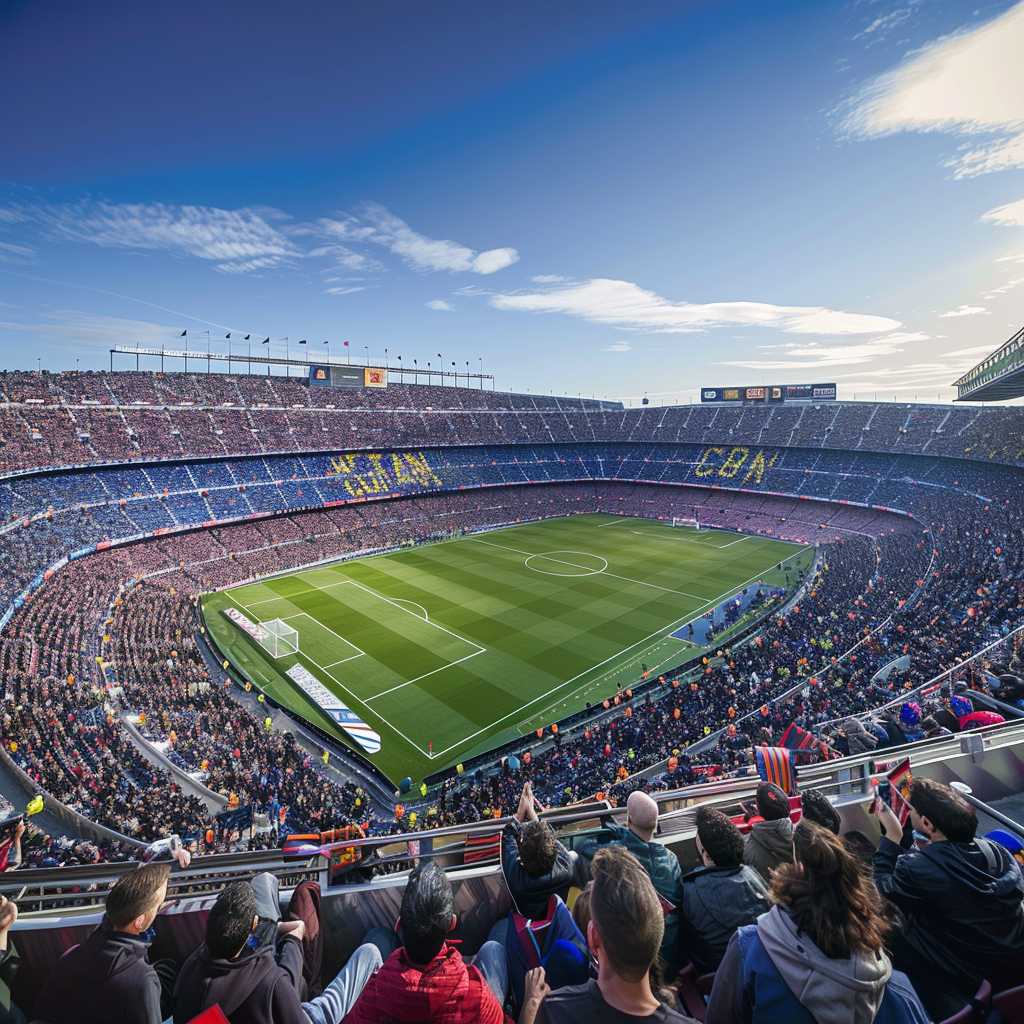FC Barcelona: A Storied Football Club with a Rich Legacy and Bright Future
FC Barcelona, one of the most renowned and successful football teams in the world, holds an illustrious position within the sport’s history. With a legacy stretching back to its foundation in 1899, the club has not just been a dominant sporting institution but also a symbol of Catalan pride and identity. Rooted in excellence both on and off the pitch, FC Barcelona has cultivated a unique brand of football characterized by skill, teamwork, and an attacking philosophy that has earned them admirers globally. This article delves into the various facets of the club, from its historical significance to its modern era triumphs and challenges.
History and Foundation
The history of FC Barcelona begins in 1899 when Swiss football pioneer Hans Gamper placed an advertisement in Los Deportes declaring his wish to form a football club. The response was enthusiastic and led to the establishment of Foot-Ball Club Barcelona. The club quickly became a pillar of the sporting community in Catalonia, resonating with the local population. Throughout decades, it has faced not just sporting challenges but also political ones, especially during the Spanish Civil War when the team’s association with Catalan identity brought about adversity from the central Spanish government.
Stadiums and Facilities
Since its early days at the Camp de la Indústria, FC Barcelona has made significant upgrades to its facilities, most prominently with the iconic Camp Nou stadium. Inaugurated in 1957, Camp Nou is Europe’s largest stadium by capacity and remains an enduring symbol of the club’s stature. Additionally, the Ciutat Esportiva Joan Gamper serves as the training and academy hub for future talents of La Masia, FC Barcelona’s revered youth academy.
Catalan Identity and More Than a Club
“More Than a Club” is more than just a slogan for FC Barcelona; it’s woven into its very fabric. The club’s identity is not only tied to sports success but also to Catalan culture and politics. It was a stronghold for Catalan nationalism during periods when Spain was under dictatorial rule, further cementing its role beyond the realm of football. Even today, Catalan flags are omnipresent at matches as fans express their pride in both team and regional identity.
Footballing Philosophy and Style
FC Barcelona’s footballing doctrine, often encapsulated by the term “tiki-taka,” prioritizes possession-based play featuring quick passing and movement. This style became especially famous under manager Pep Guardiola who led Barcelona to unprecedented success in the late 2000s and early 2010s. Central to this philosophy is La Masia, Barcelona’s youth academy that produces talented players steeped in this ethos from a young age.
On-Field Successes and Rivalries
Few clubs match FC Barcelona’s record of continued success domestically and internationally. They have won numerous La Liga titles, Copa del Rey trophies, UEFA Champions League crowns, and various other accolades over their storied existence. The club’s bitter rivalry with Real Madrid, known as “El Clasico,” brings together two of Spain’s biggest cities in contests that attract global attention for their intensity on the field and the passionate rivalry between their fanbases.
Modern Era Triumphs and Challenges
In recent years, FC Barcelona’s stature is partly shaped by global superstars like Lionel Messi, Andrés Iniesta, Xavi Hernandez, and others who personified Barcelona’s playing style. However, financial challenges and competition from global clubs have necessitated careful management on both economic and sporting fronts for continued success. The departure of talismans such as Messi raised questions about strategic direction and sustainability but also opened doors for new players to craft their own legacies.
Socios: The Supporter Ownership Model
Unique to only a few clubs around the world is FC Barcelona’s governance through a supporters ownership model structured around socis (club members). These members retain significant power in decision-making processes through regularly held elections to choose club presidents – an embodiment of democracy within sports administration.
Fan Culture and Global Branding
FC Barcelona is more than just a football team; it’s an international phenomenon with millions of ardent supporters worldwide. Culés, as Barcelona fans are known, are part of an extensive global network filled with supporter clubs on virtually every continent. Coupled with innovative marketing strategies, Barca solidifies its place not just on the sporting landscape but also as an influential cultural entity.
Cultural Significance Beyond Football
Besides football excellence, FC Barcelona promotes other sports through sections like basketball, handball, hockey, and futsal among others fostering comprehensive athletic prowess. Off-the-field activities include outreach through charitable initiatives via their Foundation which promotes education, social inclusion, and positive values around the world.
Notes
Image Description: A panoramic view of FC Barcelona’s iconic Camp Nou stadium teeming with spectators clad in blue and garnet colors embodying the passion of one of world football’s cathedrals during a match day.
